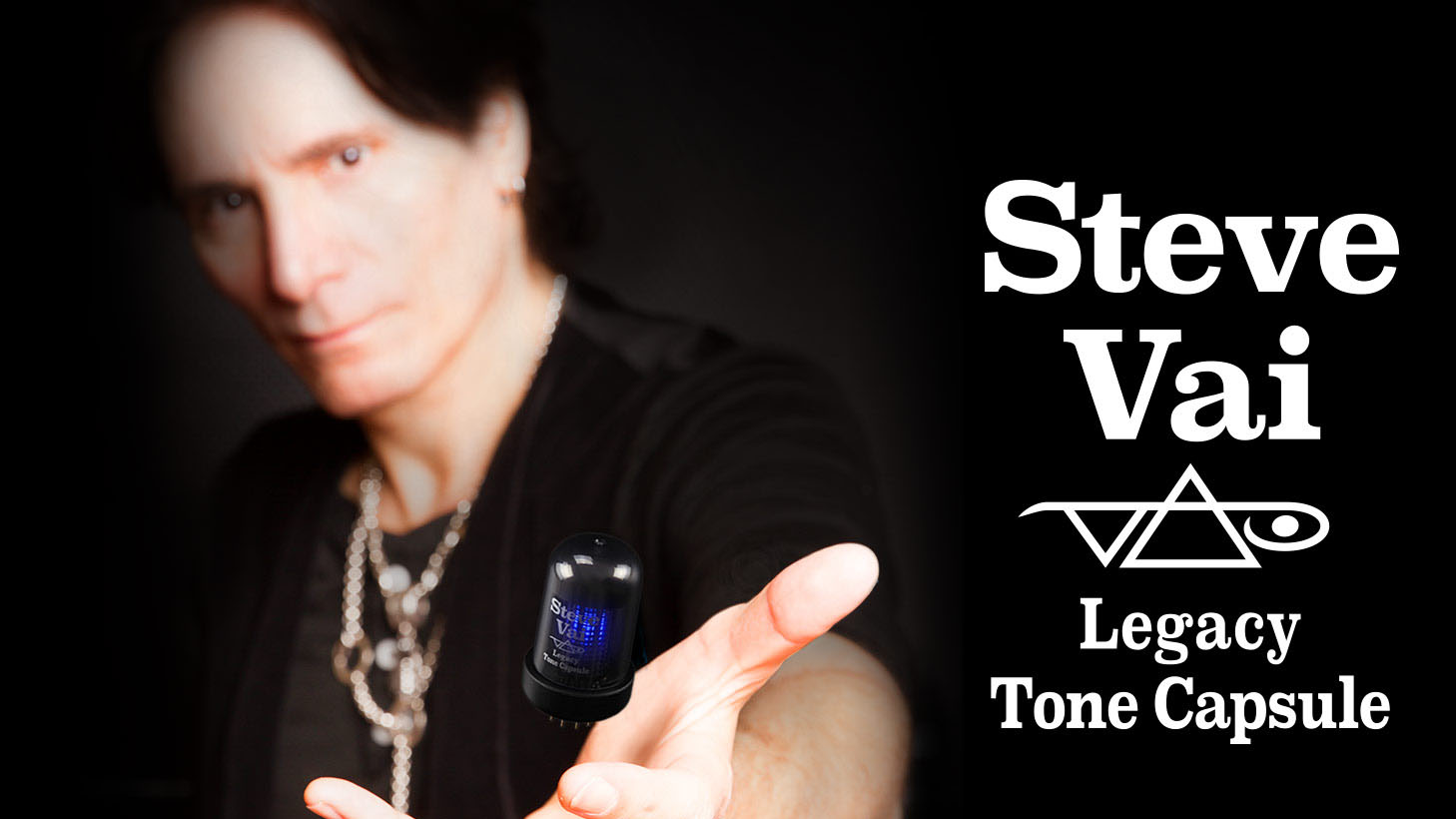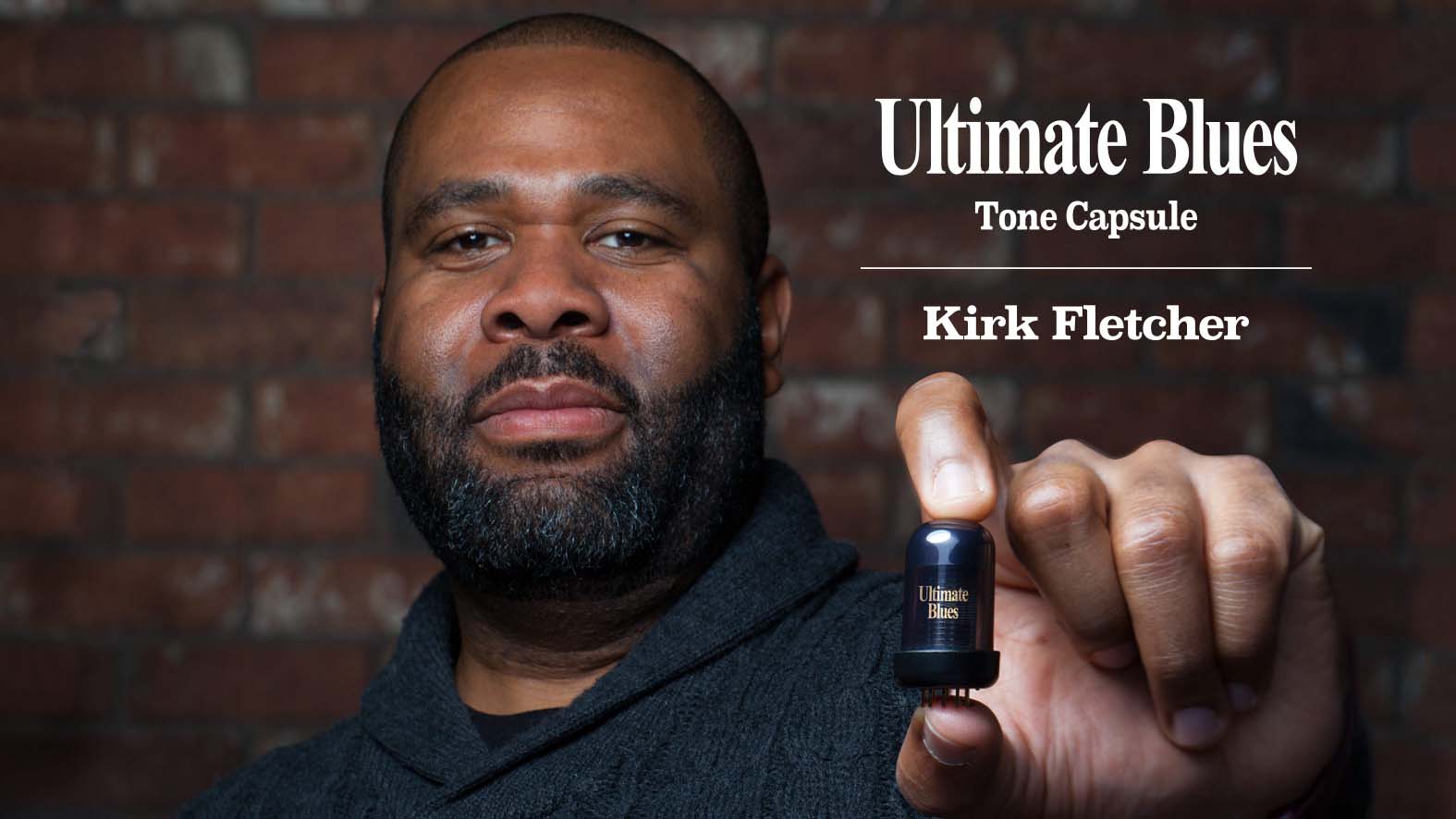Musikmesse 2016: Boss and Roland collaborate with Steve Vai and Kirk Fletcher on Waza Amp and Blues Cube Tone Capsules
Capsules modify existing guitar amps to artist specs

Want all the hottest music and gear news, reviews, deals, features and more, direct to your inbox? Sign up here.
You are now subscribed
Your newsletter sign-up was successful
MUSIKMESSE 2016: Boss and Roland have expanded the potential of their Waza Amp and Blues Cube amps with the addition of two new Tone Capsules from Steve Vai and Kirk Fletcher.
Tone Capsules modify the valve circuit characteristics of an existing amp, bestowing it with custom artist specifications.
Steve Vai's Legacy Tone Capsule is the result of collaboration with Boss engineers to produce "the ideal compression on each string and precise audio response at any volume" - from sustaining leads to dynamic cleans, the Capsule promises to nail Vai's fluid tone from Boss's Waza Amp.

The Ultimate Blues tone capsule, on the other hand, was developed with blues guitarist Kirk Fletcher, and switches the Blues Cube's 6L6-like tonality to a more compressed 6V6 voicing, albeit with additional output power. It's compatible with Roland's Blues Cube Stage, Blues Cube Artist, Blues Cube Artist 212 and Blues Cube Tour.
The Steve Vai Legacy Tone Capsule (£255) and Kirk Fletcher Ultimate Blues Tone Capsule (£175) are available to preorder now.
Want all the hottest music and gear news, reviews, deals, features and more, direct to your inbox? Sign up here.
Mike has been Editor-in-Chief of GuitarWorld.com since 2019, and an offset fiend and recovering pedal addict for far longer. He has a master's degree in journalism from Cardiff University, and 15 years' experience writing and editing for guitar publications including MusicRadar, Total Guitar and Guitarist, as well as 20 years of recording and live experience in original and function bands. During his career, he has interviewed the likes of John Frusciante, Chris Cornell, Tom Morello, Matt Bellamy, Kirk Hammett, Jerry Cantrell, Joe Satriani, Tom DeLonge, Radiohead's Ed O'Brien, Polyphia, Tosin Abasi, Yvette Young and many more. His writing also appears in the The Cambridge Companion to the Electric Guitar. In his free time, you'll find him making progressive instrumental rock as Maebe.
